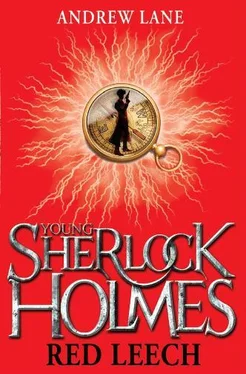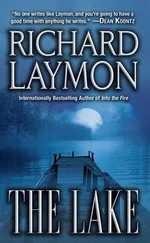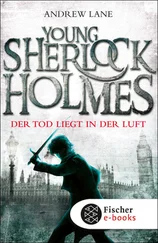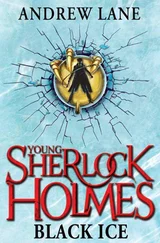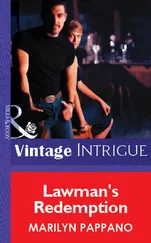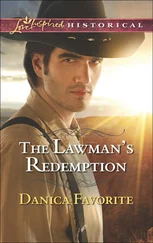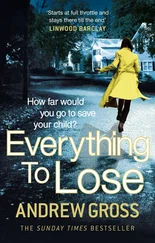Once in the safety of the tents he speeded up, heading back to the base of the hills. He glanced over towards the balloons as he went. They were all fully inflated now, and he could see activity as the Army aeronauts checked their maps and made their final preparations.
He climbed the hill as fast as he could, aware that he was carrying hot oil and flame, and that if he fell he might set light to himself. The wind was picking up, now that the sun had gone down, and without his jacket he was feeling cold.
His horse made a quiet whickering sound, welcoming him back to the flat area where he had left it. He put the oil lamps down, then crossed over to the horse and retrieved the bow and the quiver of arrows that he’d borrowed — well, rented — from the stable keeper.
He was going to need something to keep the flame going while the arrows flew through the air.
Wadding. Some kind of wadding.
He looked around, cursing himself for not having picked something up in the camp — a uniform jacket, or something. The only things he had up there in the hills were his clothes. He began to rip strips of material off his own jacket then tied them around the arrowheads. It wasn’t as if he was going to be trying to get them to stick in anything, after all.
Once he had ten arrows with their heads wrapped in material, he crossed back over to where he’d left the oil lamps and bought them over to the arrows. He thought for a moment, then snuffed out the flame on one of the lamps and opened it up so that he could dip the wrapped arrowheads in the oil, one by one.
A single lit lamp should be enough. He opened it up, so that the flame was exposed. It flickered in the breeze.
He took the bow and stood upright. It was dark enough now that he couldn’t be seen, and the flame on the remaining lamp was shielded by the rocks.
He took the bow and flexed it experimentally. The principle seemed obvious. A notch in the base of the arrow slotted into the cord, and he could pull the cord back with the fingers of his right hand, holding the bow in his left hand and flexing it as far as it could go. Then he would aim — high, because the arrow would follow a ballistic trajectory — and release the cord.
Time to try. Time for action.
He touched the tied-up strip of jacket at the head of the first arrow to the flame inside the oil lamp. The oil-soaked material caught fire instantly. He raised the arrow up and notched the cord into the base, then took up the tension, pulling the cord back while holding his left hand straight out in front of him, grasping the bow. He aimed towards the balloon that seemed to have fewest people around it, but he aimed over it so that the arrow would fall down on to it.
The cord bit into the fingers of his right hand. He could feel the bow trembling under the tension. The glowing material caused a bright spot in his vision that almost blanked out everything else.
Was he doing the right thing?
Too late to wonder about that now.
He released the cord. The arrow arced high in the air, reaching a peak and seeming to hang there for a moment before falling like a tiny meteor straight down on to the top surface of the balloon.
Nothing happened for several heartbeats; long enough that Sherlock was convinced that the burning material had somehow extinguished itself, or the arrowhead had failed to penetrate the varnished silk, or that the gas in the balloon wasn’t hydrogen at all but something else, something non-flammable, but then the material around the top of the balloon seemed to peel back like the petals of a flower , and Sherlock’s vision was blinded by a ball of flame that leaped up from the balloon and reached up towards the sky.
A tremendous shout welled up from the area of the camp. People were running around, throwing buckets of water and trying to douse whatever burning material was raining down on them, but the inferno was rising up, not falling down. Hydrogen was lighter than air, after all.
Sherlock grabbed another arrow and lit it, then quickly aimed at another balloon and fired. The tiny spark of the flaming arrowhead described a glowing line in the air as it flew, first up into the darkness and then down on to the sloping side of the second balloon.
This time he couldn’t see the material peel back, but the resulting fireball was equally as impressive as the first.
As chaos reigned in the camp below, Sherlock fired arrow after arrow at the remaining balloons. By the time he had run out, the air was filled with smoke and the ground was littered with the smouldering remnants of the varnished silk. And nobody had been hurt! He marvelled at the thought, but he couldn’t see a single person injured. Frantic and frightened, yes, but not hurt. The incandescent hydrogen had risen into the air, and whatever burning fragments of material had fallen to earth had been easily avoided.
He took a deep breath. The balloons would not be flying tonight, and it would take days, perhaps weeks to get more balloons to the area. By that time, Balthas-sar’s Army would either have dispersed or marched on Canada and been intercepted by the Unionist Army. He had succeeded.
Part of him wanted to do something about the pile of explosive devices that was sat at one side of the camp. They had survived unscathed. Sherlock had been worried that scraps of burning material might have fallen on them, setting them off and causing general carnage, but either they were more difficult to ignite than he thought or they were sufficiently far way that they had avoided any falling sparks or flaming cloth. He supposed he could creep back down and do something to them — pull their fuses out, or something — but what would be the point? They were useless, now there was no means of delivering them.
A shout went up from below. He glanced down, towards the camp. A man was pointing at him. The light from the burning hydrogen had revealed his presence. More people stared up at him. Some of them started running towards the slope that led up to his hiding place. Most of them were holding guns.
Ah. He was holding the bow.
Time to leave.
He turned and ran across to where his horse was tied. It was nervous and skittish — the reins to its bridle were pulled tight as it had tried to back away — but it wasn’t panicking yet. Quickly he retrieved the ends of the reins from underneath the rock that held them and pulled himself up into the saddle.
With luck, he could get back to town and pretend that he’d been there all the time. Nobody need know what he’d done.
He pulled the horse’s head around and headed away.
The journey down out of the hills was easier than the journey up. The horse seemed more sure-footed now, and it was glad to be getting away from the fire and the smoke.
The horse could see its way by the light of the stars, now the sun had set, and Sherlock let it choose its own path down. Once they got to the flat grasslands he could work out a course back to town.
As the horse picked its way through the rock-strewn landscape of the foothills, Sherlock found that the gentle rocking motion was causing him to nod off. The tension was draining away from him, leaving him empty and melancholic. He wasn’t looking forward to the long trek back to Perseverance.
Doubts began to set in as he rode. What if the Unionist Army failed to intercept the Confederate invasion force? What if the invasion went ahead and he’d facilitated it?
No, Amyus Crowe had told him that the Unionist forces were already preparing to stop the Confederates, if they advanced, but that Secretary of War Stanton had personally decided that he wanted the Confederates slaughtered. Unless something went badly wrong, Sherlock’s actions had only saved lives. They wouldn’t lead to a diplomatic incident.
Читать дальше
